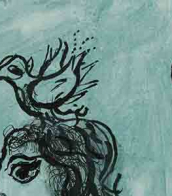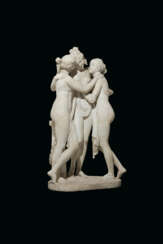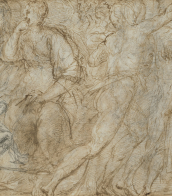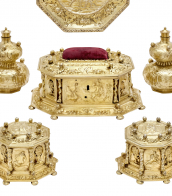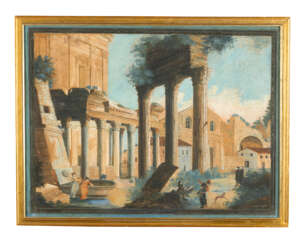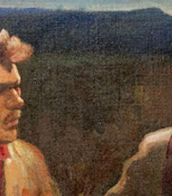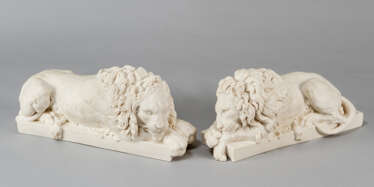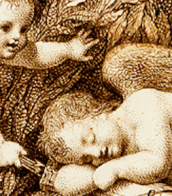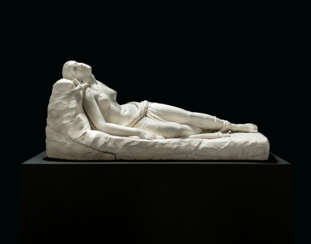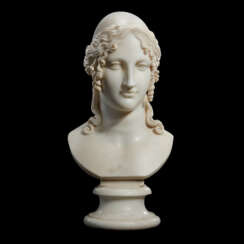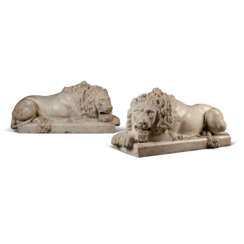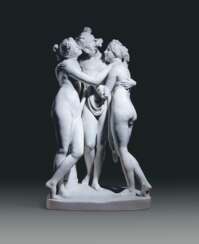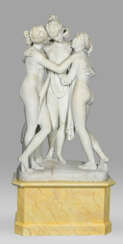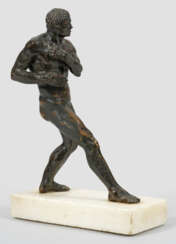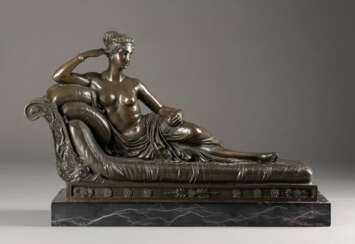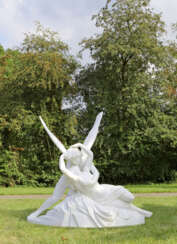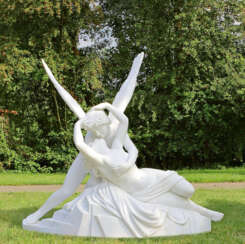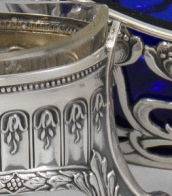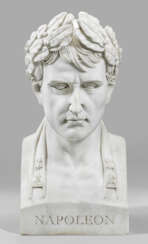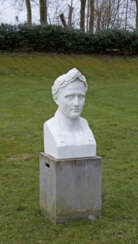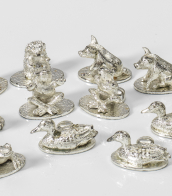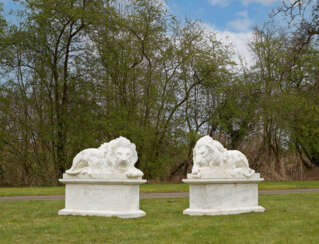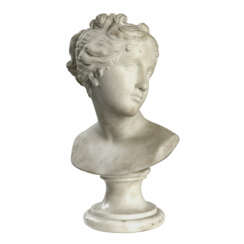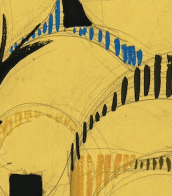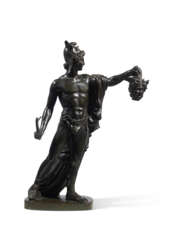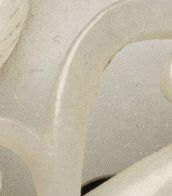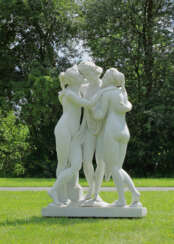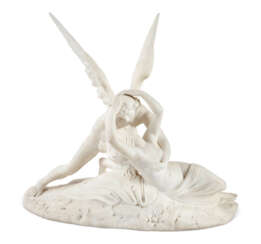antonio canova (1757 - 1822)
,_by_Johann_Baptist_II_Lampi.jpg)
Antonio Canova was an Italian sculptor of the late 18th and early 19th centuries. He is known as a bright representative of neoclassicism in European fine art. Canova was a follower of traditions of artists of antiquity and Renaissance. Among admirers of his creativity there were many representatives of ruling dynasties of Europe.
Antonio Canova himself created more than 50 statues, and together with his assistants - about 180 works. He gained influential patrons and had a reputation as the most important European sculptor of his time. Among his customers was Napoleon Bonaparte, whose statue Canova carved from marble, depicting the emperor as Mars.
Most of Canova's works today decorate the expositions of the world's leading museums, such as the halls of the Louvre and the Hermitage.
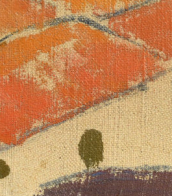
,_by_Johann_Baptist_II_Lampi.jpg)
Antonio Canova was an Italian sculptor of the late 18th and early 19th centuries. He is known as a bright representative of neoclassicism in European fine art. Canova was a follower of traditions of artists of antiquity and Renaissance. Among admirers of his creativity there were many representatives of ruling dynasties of Europe.
Antonio Canova himself created more than 50 statues, and together with his assistants - about 180 works. He gained influential patrons and had a reputation as the most important European sculptor of his time. Among his customers was Napoleon Bonaparte, whose statue Canova carved from marble, depicting the emperor as Mars.
Most of Canova's works today decorate the expositions of the world's leading museums, such as the halls of the Louvre and the Hermitage.
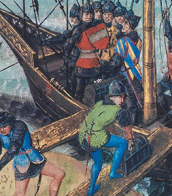
,_by_Johann_Baptist_II_Lampi.jpg)
Antonio Canova was an Italian sculptor of the late 18th and early 19th centuries. He is known as a bright representative of neoclassicism in European fine art. Canova was a follower of traditions of artists of antiquity and Renaissance. Among admirers of his creativity there were many representatives of ruling dynasties of Europe.
Antonio Canova himself created more than 50 statues, and together with his assistants - about 180 works. He gained influential patrons and had a reputation as the most important European sculptor of his time. Among his customers was Napoleon Bonaparte, whose statue Canova carved from marble, depicting the emperor as Mars.
Most of Canova's works today decorate the expositions of the world's leading museums, such as the halls of the Louvre and the Hermitage.
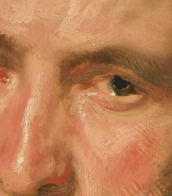
,_by_Johann_Baptist_II_Lampi.jpg)
Antonio Canova was an Italian sculptor of the late 18th and early 19th centuries. He is known as a bright representative of neoclassicism in European fine art. Canova was a follower of traditions of artists of antiquity and Renaissance. Among admirers of his creativity there were many representatives of ruling dynasties of Europe.
Antonio Canova himself created more than 50 statues, and together with his assistants - about 180 works. He gained influential patrons and had a reputation as the most important European sculptor of his time. Among his customers was Napoleon Bonaparte, whose statue Canova carved from marble, depicting the emperor as Mars.
Most of Canova's works today decorate the expositions of the world's leading museums, such as the halls of the Louvre and the Hermitage.
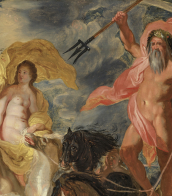
,_by_Johann_Baptist_II_Lampi.jpg)
Antonio Canova was an Italian sculptor of the late 18th and early 19th centuries. He is known as a bright representative of neoclassicism in European fine art. Canova was a follower of traditions of artists of antiquity and Renaissance. Among admirers of his creativity there were many representatives of ruling dynasties of Europe.
Antonio Canova himself created more than 50 statues, and together with his assistants - about 180 works. He gained influential patrons and had a reputation as the most important European sculptor of his time. Among his customers was Napoleon Bonaparte, whose statue Canova carved from marble, depicting the emperor as Mars.
Most of Canova's works today decorate the expositions of the world's leading museums, such as the halls of the Louvre and the Hermitage.
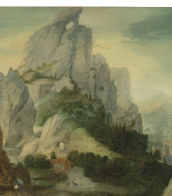
,_by_Johann_Baptist_II_Lampi.jpg)
Antonio Canova was an Italian sculptor of the late 18th and early 19th centuries. He is known as a bright representative of neoclassicism in European fine art. Canova was a follower of traditions of artists of antiquity and Renaissance. Among admirers of his creativity there were many representatives of ruling dynasties of Europe.
Antonio Canova himself created more than 50 statues, and together with his assistants - about 180 works. He gained influential patrons and had a reputation as the most important European sculptor of his time. Among his customers was Napoleon Bonaparte, whose statue Canova carved from marble, depicting the emperor as Mars.
Most of Canova's works today decorate the expositions of the world's leading museums, such as the halls of the Louvre and the Hermitage.
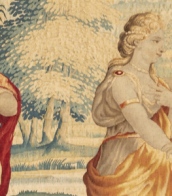
,_by_Johann_Baptist_II_Lampi.jpg)
Antonio Canova was an Italian sculptor of the late 18th and early 19th centuries. He is known as a bright representative of neoclassicism in European fine art. Canova was a follower of traditions of artists of antiquity and Renaissance. Among admirers of his creativity there were many representatives of ruling dynasties of Europe.
Antonio Canova himself created more than 50 statues, and together with his assistants - about 180 works. He gained influential patrons and had a reputation as the most important European sculptor of his time. Among his customers was Napoleon Bonaparte, whose statue Canova carved from marble, depicting the emperor as Mars.
Most of Canova's works today decorate the expositions of the world's leading museums, such as the halls of the Louvre and the Hermitage.
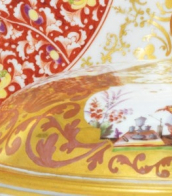
,_by_Johann_Baptist_II_Lampi.jpg)
Antonio Canova was an Italian sculptor of the late 18th and early 19th centuries. He is known as a bright representative of neoclassicism in European fine art. Canova was a follower of traditions of artists of antiquity and Renaissance. Among admirers of his creativity there were many representatives of ruling dynasties of Europe.
Antonio Canova himself created more than 50 statues, and together with his assistants - about 180 works. He gained influential patrons and had a reputation as the most important European sculptor of his time. Among his customers was Napoleon Bonaparte, whose statue Canova carved from marble, depicting the emperor as Mars.
Most of Canova's works today decorate the expositions of the world's leading museums, such as the halls of the Louvre and the Hermitage.
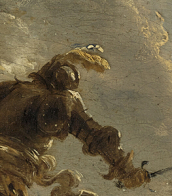
,_by_Johann_Baptist_II_Lampi.jpg)
Antonio Canova was an Italian sculptor of the late 18th and early 19th centuries. He is known as a bright representative of neoclassicism in European fine art. Canova was a follower of traditions of artists of antiquity and Renaissance. Among admirers of his creativity there were many representatives of ruling dynasties of Europe.
Antonio Canova himself created more than 50 statues, and together with his assistants - about 180 works. He gained influential patrons and had a reputation as the most important European sculptor of his time. Among his customers was Napoleon Bonaparte, whose statue Canova carved from marble, depicting the emperor as Mars.
Most of Canova's works today decorate the expositions of the world's leading museums, such as the halls of the Louvre and the Hermitage.
